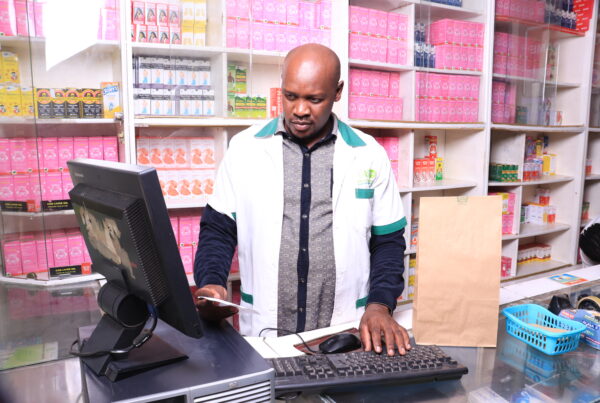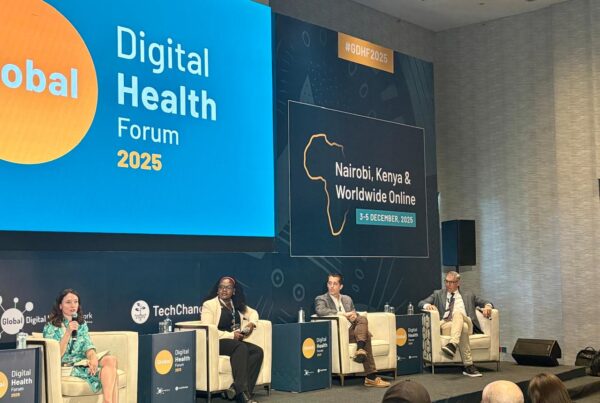A glimpse of Rwanda’s access to primary healthcare services in rural areas.
Health is everything! Without it, one can’t amount to anything in life. Being healthy and accessing healthcare services enables individuals to make a difference in all spheres. Healthy individuals can create, innovate, and serve with excellence.
Rwanda, especially in rural areas, faces a problem of achieving universal health coverage (UHC) since people walk long distances to receive essential health services. According to WHO, travel to a health facility has been challenging for 83% of Rwandans living in rural areas. For instance, long walks to access healthcare services could take 95 minutes in 2010 and be reduced to 47 minutes in 2020, which is time-consuming.
To solve this issue, the Government of Rwanda, through the ministry of health, aimed to reduce walking time to under 25 minutes by setting in place health posts at the community level and located at a reasonable walking distance from people’s homes.
Also, they served as an interface between community health workers and health centers. This is one of the countries’ health sector strategic plans, with technical and financial support from WHO.
However, another alternative involves technology that could ease the process. In this article, We explore how “Healthdart,” through their app, contributes to drug access and healthcare advice using smartphones. Also, How Rwanda is eligible for implementation due to the enabled access of smartphones within most regions.
Rwanda’s promising access to smartphones
Thanks to “Connect Rwanda,” a campaign to boost smartphone ownership in the country. By the end of 2020, 2.88 million households in the country owned at least a smartphone.
The New Times states that 2G and 3G geographical coverage are at 90% while the population coverage is at 92.6%. Also, The 4G internet covers 95.2% of the geography and reaches 97.2% of the population. Internet penetration is 58.3%, with only 16% using 3G and 4G. Therefore, there has been intentional smartphone penetration. Smartphones are crucial in terms of helping Rwandans gain online services and information while remaining connected.
“Today, Rwanda has digitized several services, and many businesses are going e-commerce. Smartphones thus remain a necessary tool to enable citizens to traverse the digital value chain,” says Minister of ICT and Innovation, Paula Ingabire.
Additionally, achieving digital literacy for all youths aged 16 to 30 by 2024 has been one of the Rwandan government’s goals due to technology’s role in development. The achievement of at least 60% of adults’ digital literacy by 2024 is part of the country’s national digital literacy program.
Healthdart provides an Alternative solution to boost access to primary healthcare services.
However much the health posts are essential, there’s another cost-effective and digitized way of improving healthcare services access. This is where HealthDart comes in, a health-tech startup that enables people to access drugs and healthcare advice using their phones. Njabulo SKhosana from South Africa founded this startup.
Healthdart employs an app to provide a platform where users can place orders for their drugs and deliver them cheaply. To do this, customers pay using electronic funds transfer before receiving the drugs. In addition, it enables virtual and physical consultations with doctors and nurses, which provides primary healthcare services.
The Contribution of Norrsken House Kigali and the Novartis Foundation
Owing to its fantastic contribution to the health-tech sector, Healthdart participated in the HealthTech challenge along with other startups.
This competition aims at identifying three of the most promising startups in Africa solving population health challenges concerning cardiovascular health, breast cancer, or virtual health and care.
This opportunity came with a full-year subsidy to the Healthtech Hub Africa co-working space and community within the Norrsken Kigali House and an innovation program aiming to accelerate their growth and connect with the right partners and contributors.
Conclusion
Taking advantage of technology in these times is a promising and worthwhile investment, especially within the health sector. Therefore, Healthdart promises to ease the process of receiving primary healthcare services by simply using a smartphone which is a cost-effective, quick, and digitized approach.











